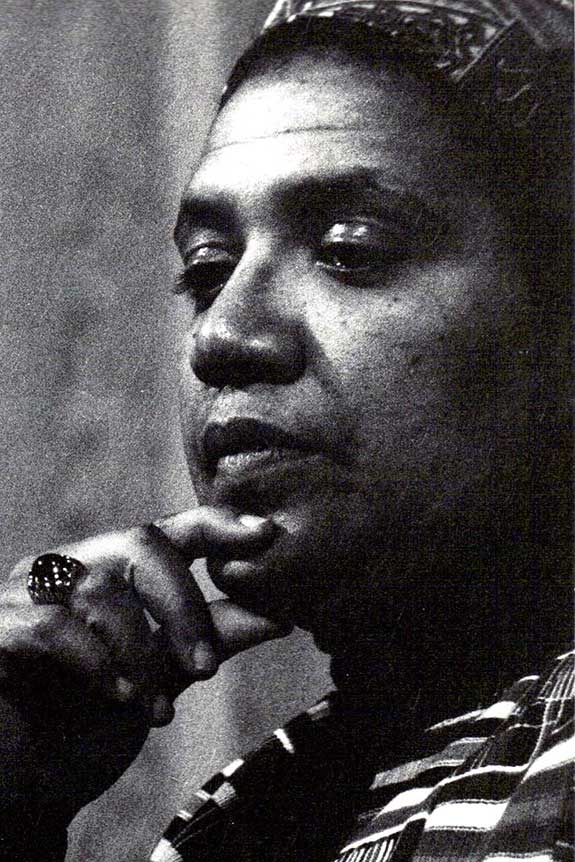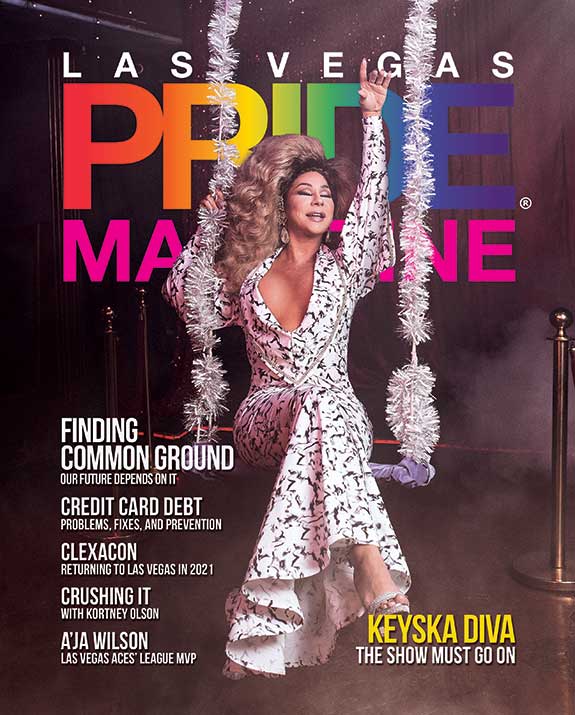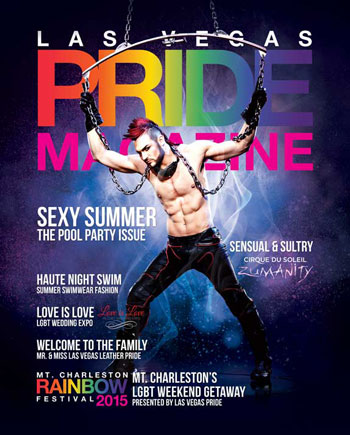Telling Our Stories
Sister Outsider Audre Lorde
By Lupie Janos
What happens when you cross a black, lesbian, mother, warrior, and poet with racism, sexism, classism, and homophobia? The incomparable civil rights activist known as Audre Lorde. She described herself as those things and lived her life in the pursuit of having conversations about and confronting those social injustices.
Lorde, who died in 1992, memorized poetry and used it to communicate her feelings from a young age. But when published and existing poems failed to capture what she was truly feeling or thinking, she began to write her own. Her first published poem came when she was still in high school, and she went on to publish countless more poems and essays.
Power is about Lorde’s feelings about the acquittal of a police officer who shot a ten-year-old black child. She wrote poetry throughout her life to communicate her feelings and protest. Lorde’s poem Power has an air of familiarity with current events across our nation and was brought into the international spotlight last summer when scores of people took to the streets for mostly peaceful protests.
“A kind of fury rose up in me; the sky turned red. I felt so sick. I felt as if I would drive this car into a wall, into the next person I saw,” Lorde once said. “So, I pulled over. I took out my journal just to air some of my fury, to get it out of my fingertips. Those expressed feelings are that poem.”
“It is not our differences that divide us. It is our inability to recognize, accept, and celebrate those differences.”

Photograph of Audre Lorde by K. Kendall
Lorde’s life was full of many concerns and pursuits both nationally and internationally, but her concern around her communities’ marginalization never failed. Lorde pushed for social and racial justice and shared her experiences as a black woman, as a lesbian, and even as she battled cancer.
She was a staunch proponent of transparent conversations, intersectionality, and celebrating the differences between people. “It is not our differences that divide us,” she once said. “It is our inability to recognize, accept, and celebrate those differences.”
Lorde also once said in an interview, “My sexuality is part and parcel of who I am, and my poetry comes from the intersection of me and my world,” she explained. “Objection to my work is not about obscenity, or even about sex. It is about revolution and change.”
Lorde earned a BA from Hunter College, a MLS from Columbia University, and was a librarian in New York during the 1960s. She held multiple positions at a variety of universities, including as a writer in residence at Alabama’s Tougaloo College. She taught at John Jay College of Criminal Justice, Lehman College, and Hunter College. Lorde was awarded a fellowship from the National Endowment for the Arts and was poet laureate of New York from 1991-1992.
She had two children and spent more than 20 years with her long-time partner, Frances Clayton before she moved to St. Croix to live out the remainder of her life with her final partner, Dr. Gloria I. Joseph.
Lorde’s book Sister Outsider: Essays and Speeches (1984) is still utilized in numerous university classes. Her legacy lives on in her poetry and prose and appears to have transcended her life. Words of wisdom from a sister outsider, “Revolution is not a onetime event.”

This article was originally published in issue 32 of Las Vegas PRIDE Magazine, and can be read in its original format here.

